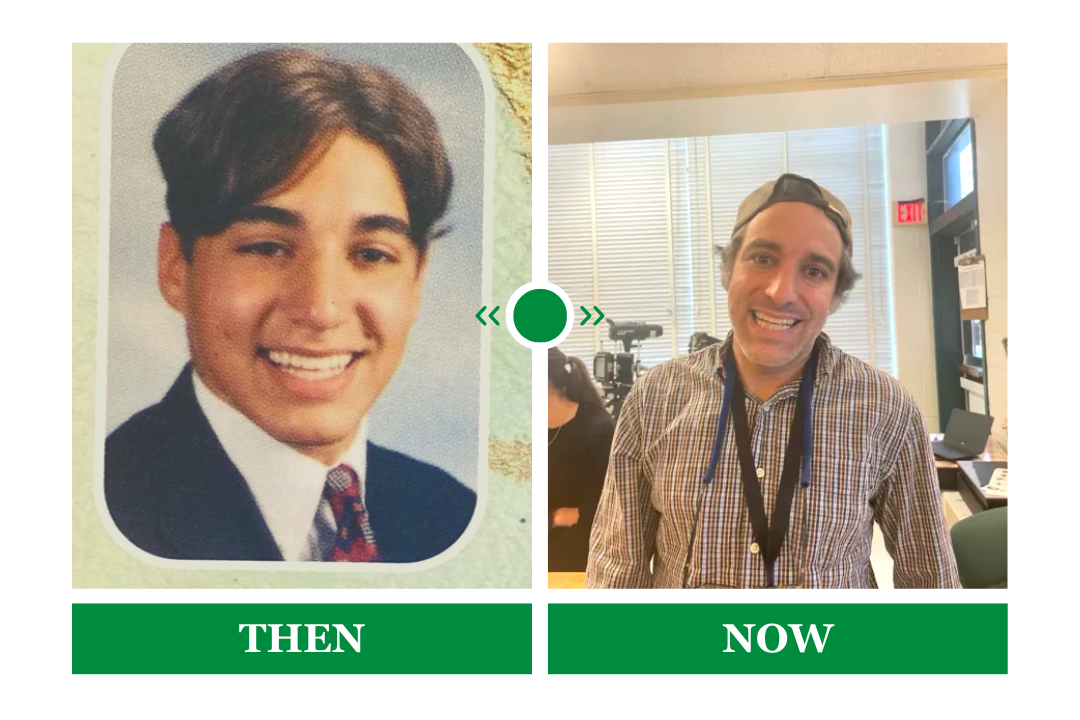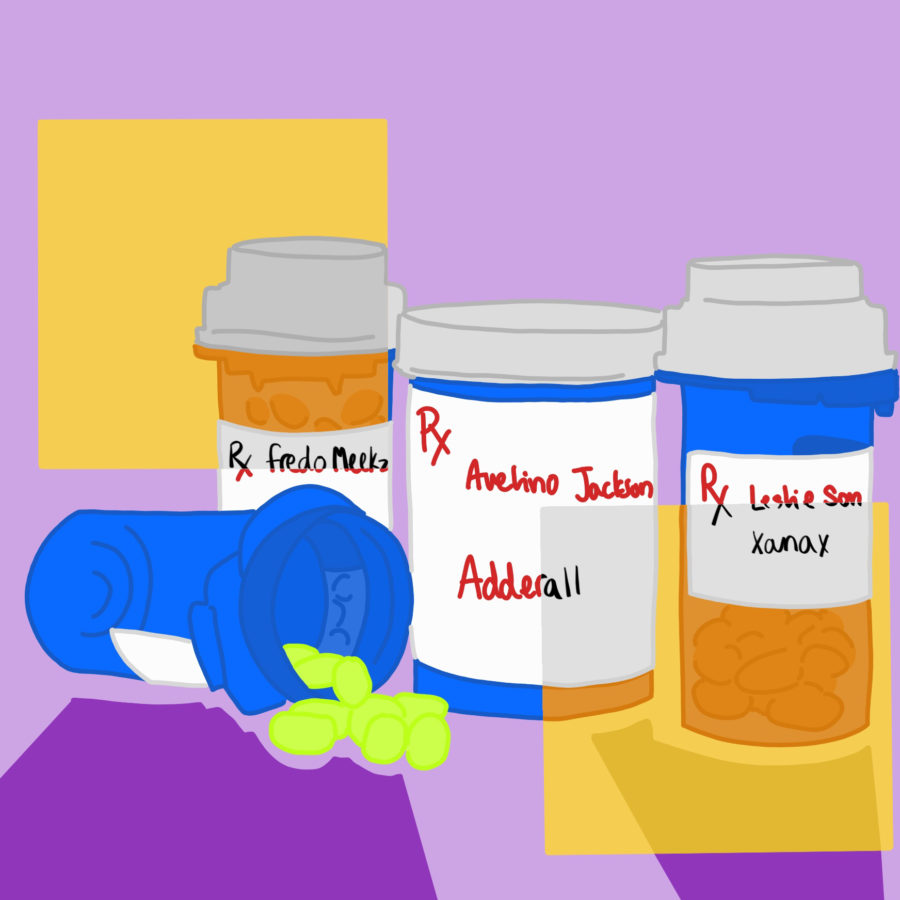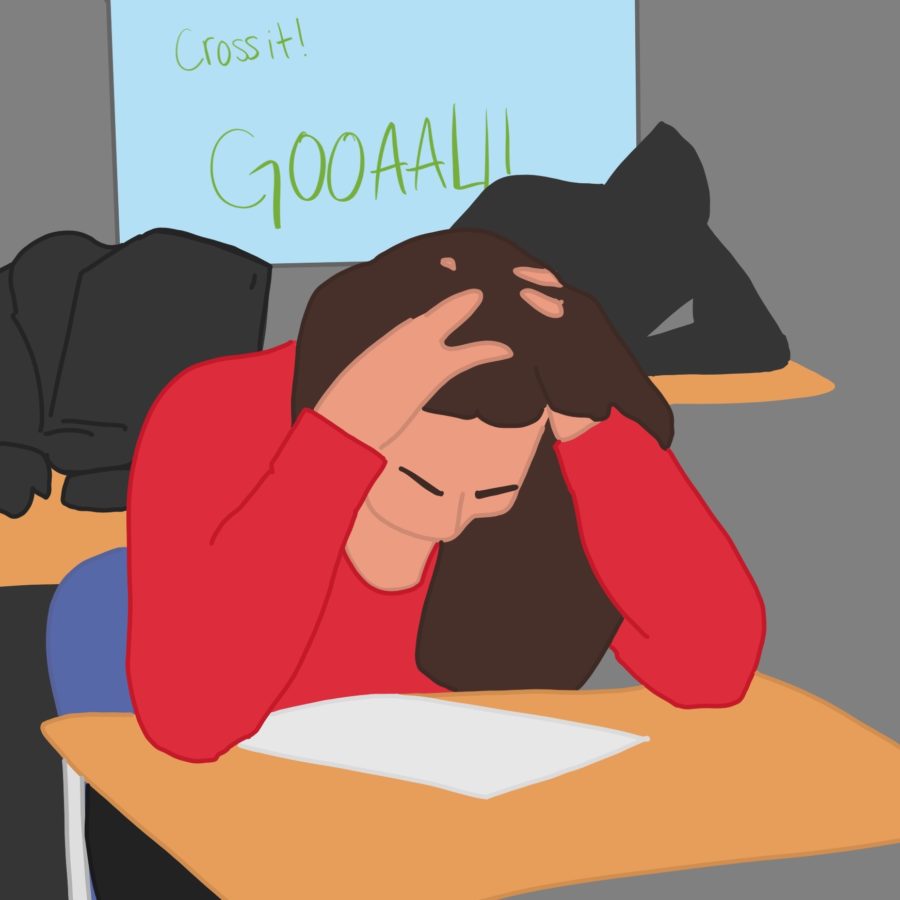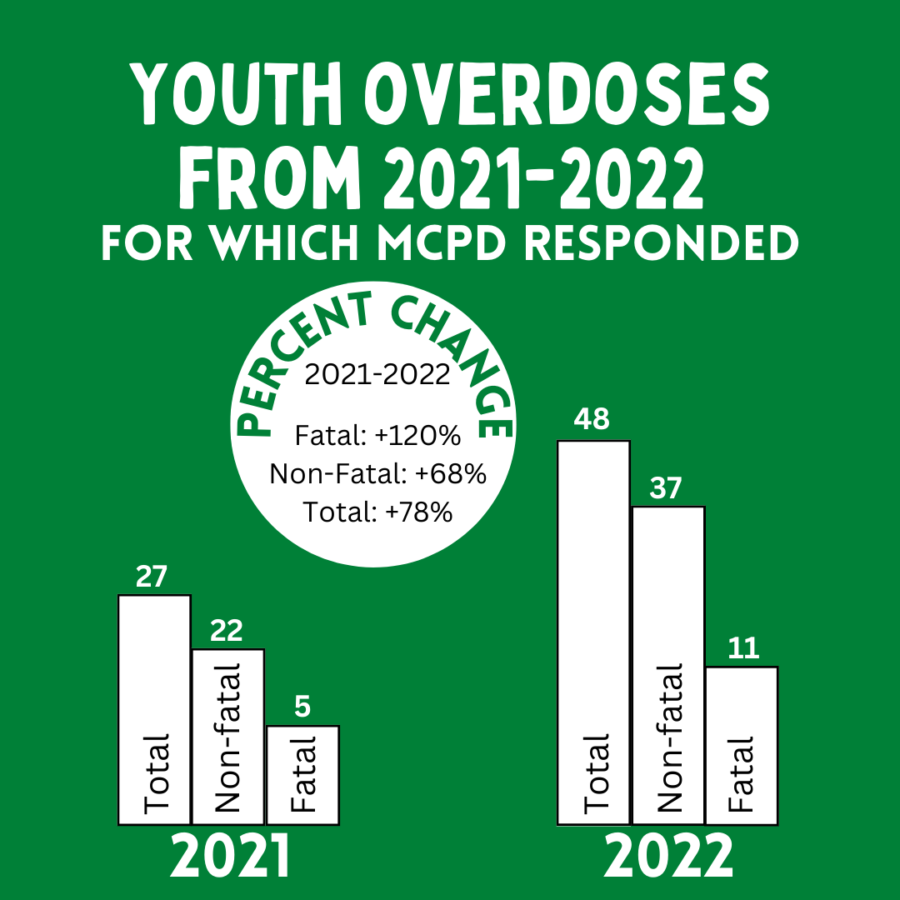After 12 years of learning, it’s strange to think that one’s college admission is largely based on a four-hour test, such as the SAT or the ACT. Graduation requirements now include four High School Assessments (HSAs), and AP tests are also a common part of our education. So much of our education has been condensed into bubble sheets and hour-long testing blocks. How is this an accurate standard to measure our 12-year education?
The National Center for Higher Education Management Systems (NCHEMS) reported that in 2007, the highest ACT and SAT scores per 1,000 students were in Northeastern and Midwestern states, a figure roughly consistent with the data collected on highest graduation rates in 2008. The implication is that higher standardized test scores directly link to a higher graduation rate, but should this be the case?
We have to ask ourselves what standardized tests really test for. No career involves sitting in a room for four hours while filling out small circles on a sheet of paper. No job is scored out of 100 percent; either a worker performs acceptably, or a worker performs poorly (and gets fired). The reality more closely resembles hands-on activities, such as science lab activities or research papers. Perhaps not the most exciting projects, but they make for better real-world preparation.
Most colleges look, in part, for good SAT or ACT scores across the board, in math, reading and writing, regardless of that college’s focus. It should be expected that science-oriented colleges will expect higher math scores, and humanities-focused colleges will expect higher reading and writing scores. Even so, it’s not likely that someone who majors in history will use algebra and geometry. Someone majoring in biology will likely not have to find many grammatical errors, an activity that makes up a significant part of the SAT.
And then there are those whose majors depend on none of these test subjects. Did anyone give consideration to the music theory majors? What about photography, or culinary arts? What about those who focus on athletics? None of this is to say that math and reading are not important, but the SAT is meant to test for a level above the basics. There’s no reason for a high school graduate to be denied admission to college because he or she didn’t focus on a subject they don’t need.
Think about the amount of time that teachers spend on test material. How many times have we asked the question, “Is this on the test?” Wouldn’t it be easier to actually learn the material that is being taught? Or would we prefer to spend hundreds of dollars on testing classes that tell you when it’s okay to guess on a question? We won’t be spending our entire lives taking tests; but this is the skill that standardized testing forces us to learn. These tests run contrary to the purpose they aim to serve: teaching and preparing students for the future.












